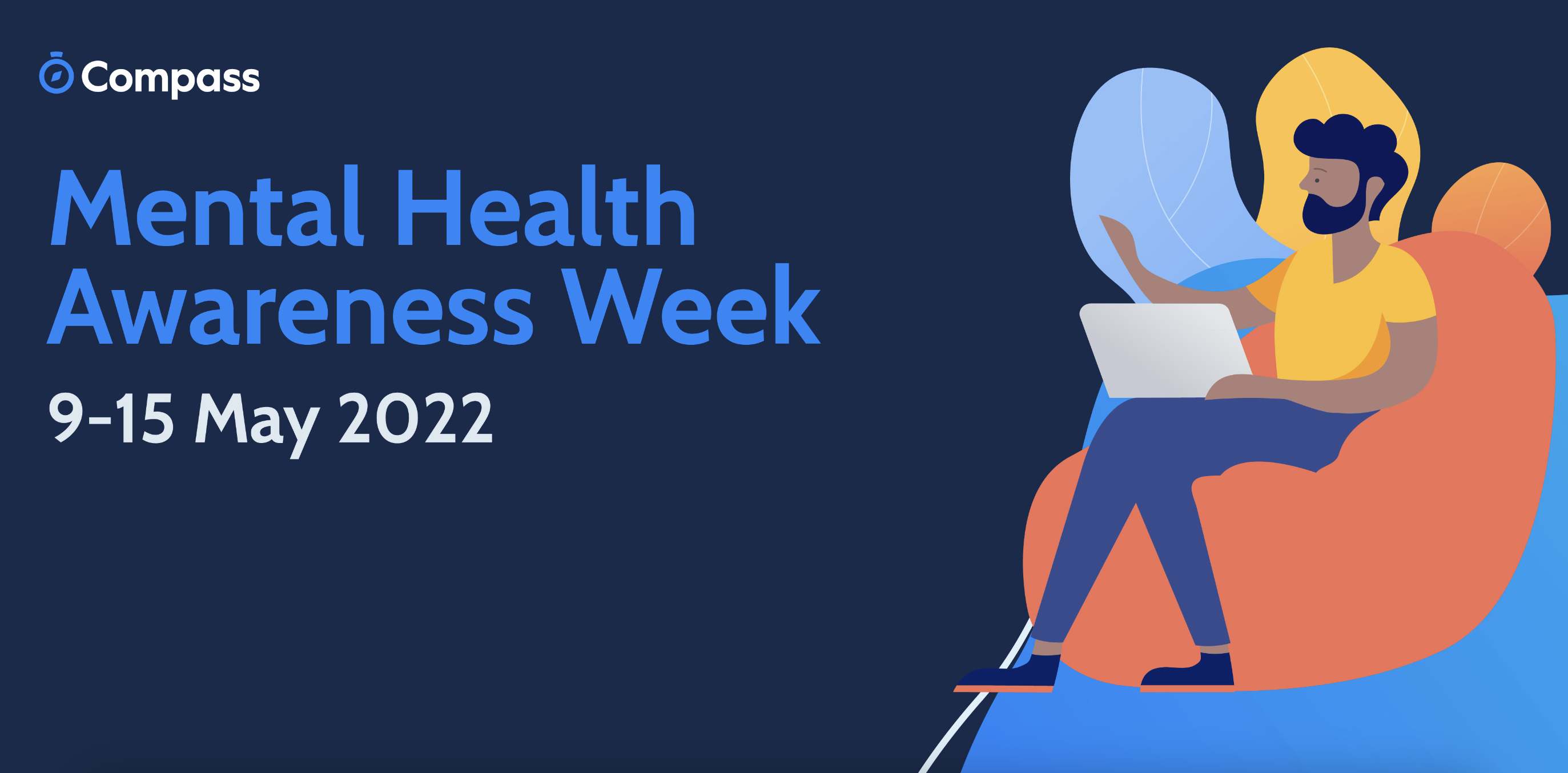This week is Mental Health Awareness Week, for which the Mental Health Foundation has set the theme of Loneliness. There is often an assumption that only elderly people experience loneliness. The stigma that this creates around the experience of loneliness leaves people, especially young students, ashamed and unwilling to admit that they are struggling.
It has become increasingly present in the social conscience not only as a result of the pandemic, but as the world has become more immediately ‘connected’ than ever, that loneliness is becoming a serious issue in our collective mental wellbeing.
The Stats
In 2018, The Good Childhood Index survey found that 45.4% of children aged 10-15 years old indicated that they felt lonely ‘often’ or ‘some of the time’. Children aged 10-12 responded that they were ‘often’ lonely, more so than those aged 13-15. The Office for National Statistics’ analysis of this survey also reports that children (defined as 10-15 year olds) who receive free school meals were more likely to report feeling lonely; 27.5% of students receiving meals responded that they ‘often’ felt lonely. It might be surprising to some that these feelings are developing at such a young age.
We Need More Awareness
We want to help reframe the experience of loneliness, and bring awareness to what is a significant public health issue affecting children. It is common for young people to experience loneliness during the transition from schooling, whether they intend to study, go straight into the workforce, or take some time off. That is why it’s so important to arm children with tools to help feelings of loneliness while they are in school. We may not be able to stop these feelings altogether, but by providing children with tips to use if they ever find themselves feeling lonely, we can teach resilience and help prevent chronic loneliness from developing.
In lieu of mental health awareness week, the Compass team have brainstormed a few ways that we combat feelings of loneliness. Everyone is different, and there’s no one magic remedy for loneliness. But maybe you’ll find something here that resonates with you, or you can pass onto your students:
1. Talk It Out
Loneliness can be an incredibly isolating experience, but one thing that can help above all else, as uncomfortable as it may seem, is expressing how you are feeling to someone you trust. This could be a close friend or family member, or perhaps you see a therapist or psychologist, with whom you can organise an appointment. Opening up about loneliness can help you take some of the power away from the feeling, and may also help create connection.
2. Back to Nature
Getting out into nature can help change your perspective. Time spent in fresh air, connecting back with your surroundings can really boost your mental health, as well as being a great way to step away from social media for a while.
3. Unleash Creativity
For some people, creativity can be an outlet for their emotions. Throughout history, we have seen artists, like Vincent Van Gogh, using creative arts as a means of expressing what they are feeling. By using your emotion as the subject of creativity, we can connect back with ourselves, and perhaps start to alleviate those lonely feelings.
4. Compliment People
If you have something nice to say, why hold it in? A compliment can make someone’s day, help you connect with people or even make a new friend!
5. Switch Off
Whether it just be a few moments to relax, or detoxing from technology and escaping into a book, sometimes removing yourself from your reality and letting your mind wander can help.
6. Sweat It Out
It may be obvious, but simply moving your body in an easy walk or exerting yourself in a full-on gym class can release just the right amount of endorphins to change your frame of mind.
7. Group Up
Feeling like you’re a part of a community can be really important for some people. Whether this is a local sporting club, mothers group, a theatre company; find a group with shared interests that you can join, where you can make genuine connections with like-minded people.
Reframing Loneliness
There is no shame in feeling lonely – we can all experience it. But this is often difficult to remember when you’re feeling the ache of loneliness, especially for children. “Loneliness can be a prison, a place from which we look out at a world we cannot inhabit; loneliness can be a bodily ache and a penance, but loneliness fully inhabited also becomes the voice that asks and calls for that great, unknown someone or something else we want to call our own.” (David Whyte 2015).
Whilst loneliness can be alienating, it can also be a reminder of what is most important to us, of what we need and what we might not be getting. Be kind to yourself, acknowledge your feelings and try to remind yourself that you are not alone.
If you want to find out more about Mental Health Awareness Week, there are some fantastic resources available on their website, including a wellbeing and fundraising pack for your students.





